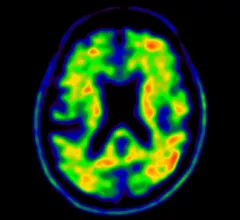Roche (SIX: RO, ROG; OTCQX: RHHBY) today announced that the United States (U.S.) Food and Drug Administration (FDA) granted accelerated approval of a Perjeta (pertuzumab) regimen for neoadjuvant treatment (use before surgery) in people with high-risk, HER2-positive early stage breast cancer. This approval is based primarily on data from a Phase II study showing that nearly 40 percent of people receiving the combination of Perjeta, Herceptin (trastuzumab) and docetaxel chemotherapy had no evidence of tumour tissue detectable at the time of surgery (known as a pathological complete response, or pCR). The Perjeta regimen is the first neoadjuvant breast cancer treatment approved by the FDA and also the first to be approved based on pCR data.





